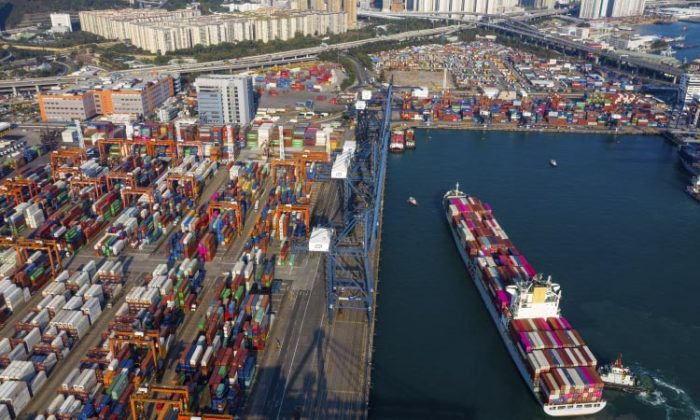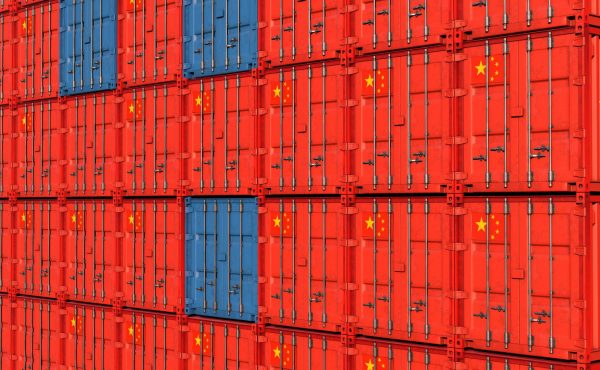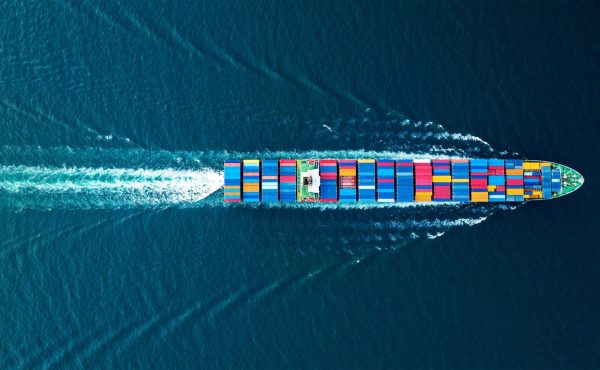What are the pros and cons of the CFR Incoterm?
Every day, large container ships sail the seas and oceans to transport goods from one continent to another, between countries, or from one city to another in the same nation, but many kilometers apart.
In maritime transport there is a regulation called CFR Incoterm which establishes the responsibilities and costs of buyers and sellers. CFR stands for Cost and Freight. The CFR Incoterm determines that the seller bears all the necessary costs, including freight, to bring the goods to the agreed destination port. However, this term does not cover the cost of discharging the ship’s cargo at the destination.
Like all Incoterm regulations, the CFR has advantages and disadvantages linked to liability, security, or the costs of commercial shipment.
Advantages of Incoterm CFR
- Clarity on cost and accountability: The buyer has a clear idea of what is expected from each party in terms of cost and responsibilities.
- Lower cost for the buyer: The buyer does not have to worry about the freight of the goods in sea transport.
- Simplification of the process: The CFR Incoterm is a simple and easy trade term to understand, which helps to simplify the international maritime trade process.
Disadvantages of Incoterm CFR
- Risks for seller and buyer: As with any transport, there are risks that are a disadvantage to both parties. The seller of the goods is responsible for the costs, export formalities and freight until the goods arrive at the port of destination.
- Risk during transport: The buyer is responsible for any deterioration or loss suffered by the goods during marine transit. The seller is only responsible for the freight and cost.
- Geographic limitation: The CFR only applies to maritime logistics and therefore excludes other types of transport such as air or land transport.
- Risk in unloading at port: The buyer is responsible for the cost and risks associated with the unloading of the goods at the port of destination. This may involve additional costs.

Maritime freight forwarding operations are complex tasks that require advanced logistical knowledge. That is why it is a good idea to have an experienced logistics operator to help you through the whole process from the time the goods are shipped at origin, during transit and on arrival and disembarkation at destination. Knowing the advantages and disadvantages, as well as the responsibilities and obligations of Incoterms and, in particular, of the CFR, provides a broad knowledge of international trade.
At Logisber we specialize in made-to-measure maritime transport and are familiar with all the bureaucratic procedures associated with this type of movement of products and goods on a global scale. We are experts in customs, tariffs, Incoterms, etc. If you want to make a shipment by sea in an optimal and transparent way, saving time and at the lowest cost, contact Logisber now and our team will advise you on the whole process.
Categorías
Compartir









